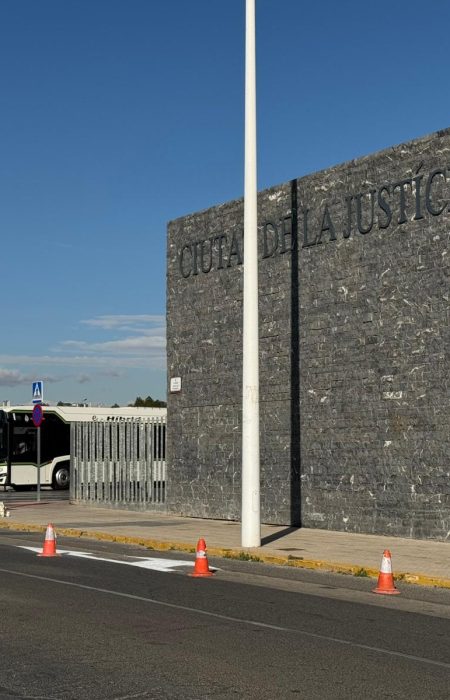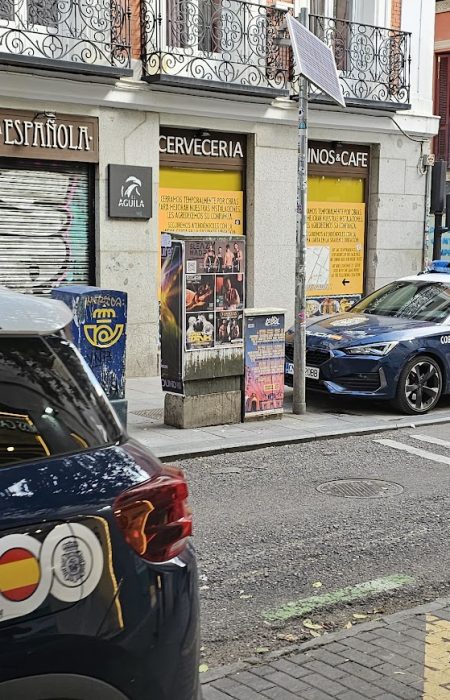The construction of 8,700 new residences in Murcia’s Corvera and Baños and Mendigo neighbourhoods has sparked controversy. Ecologists in Action and IU-Verdes have made it plain that they would file objections to changes to the General Urban Development Plan (PGOU) when the deadline arrives. Furthermore, the Socialist Group voted against this development in the Urban Planning Commission meeting, while the Vox Group abstained. Both parties told La Opinión that it did not fit the city model they advocated for.
“The project can’t be evaluated in isolation, as if it were in the middle of nowhere,” remarked Rubén Vives from Ecologistas en Acción. Although the structures will be erected near a Special Bird Protection Area (SPA), birds of prey eat rabbits and partridges in the lowlands at the foot of the mountains, therefore the homes will be built on their primary food supply.
Furthermore, Vives stated that a livestock track passes near the site, and that the General Urban growth Plan (PGOU) mentions “potential urban development pressure” in the section on “forecasts and threats to the SPA.”
The report additionally points to “significant urban development pressure from the hamlets located along the northern border and bordering the Special Area of Conservation (ZEC)” on page 165; these findings “furthermore pose a potential risk of the spread of exotic species (planting in gardens; pet escapes, species becoming wild), as well as an increased risk of fires, disturbance to wildlife, and the abandonment of waste .” The PGOU also discusses the potential impact of building on “the loss of bird of prey breeding grounds.”
The IU-Verdes party has made it known that it would register objections once the progress of these changes to the General Urban Development Plan (PGOU) is published in the Official State Gazette (BOE). Party sources stated that they will review the public presentation and make a decision next week. They may criticise the damage to SPAs and Sites of Community Interest (SCI), the lack of water and services, or the touristification of this area with high natural value.
The news organisation is “holding conversations with affected residents of the district and neighbouring property owners , and based on what they tell us, we will assess whether to make representations when the deadline arrives,” according to government sources. “We are concerned about this construction strategy, which does not align with the city model that Vox envisions for Murcia. What rural districts require is not more tourist housing types, but residential housing in the districts’ urban cores that maintains population and serves the needs of our youth,” they concluded.
The housing typology is quite similar to that which currently existing in surrounding developments such as Mosa Trajectum, with semi-detached or detached ground floor houses geared towards residential tourists. “We are surprised that the Popular Party is in such a hurry to launch these types of large-scale developments for tourists, which entail a significant cost in both services and infrastructure , but is in no such rush to implement the public housing it promised in its own election manifesto ,” according to the Green Party.
Councillor Andrés Guerrero of the Socialist Municipal Group noted that Profusa has committed, through a financial guarantee, to preserve the forest area it is transferring to the City Council for a decade in order to increase the plots’ buildability. After ten years, the City Council would give the land to the CARM (Carm), though Guerrero stated that this pledge is not on paper and that the costs could total six million euros per year.
Furthermore, the councillor questioned whether service, mobility, communications, and infrastructure needs, among others, would have to be met, and he said that the PSOE voted against the project in the Urban Planning Commission because it is a decentralising measure that contradicts the Socialist Group’s city model.









No Comment! Be the first one.